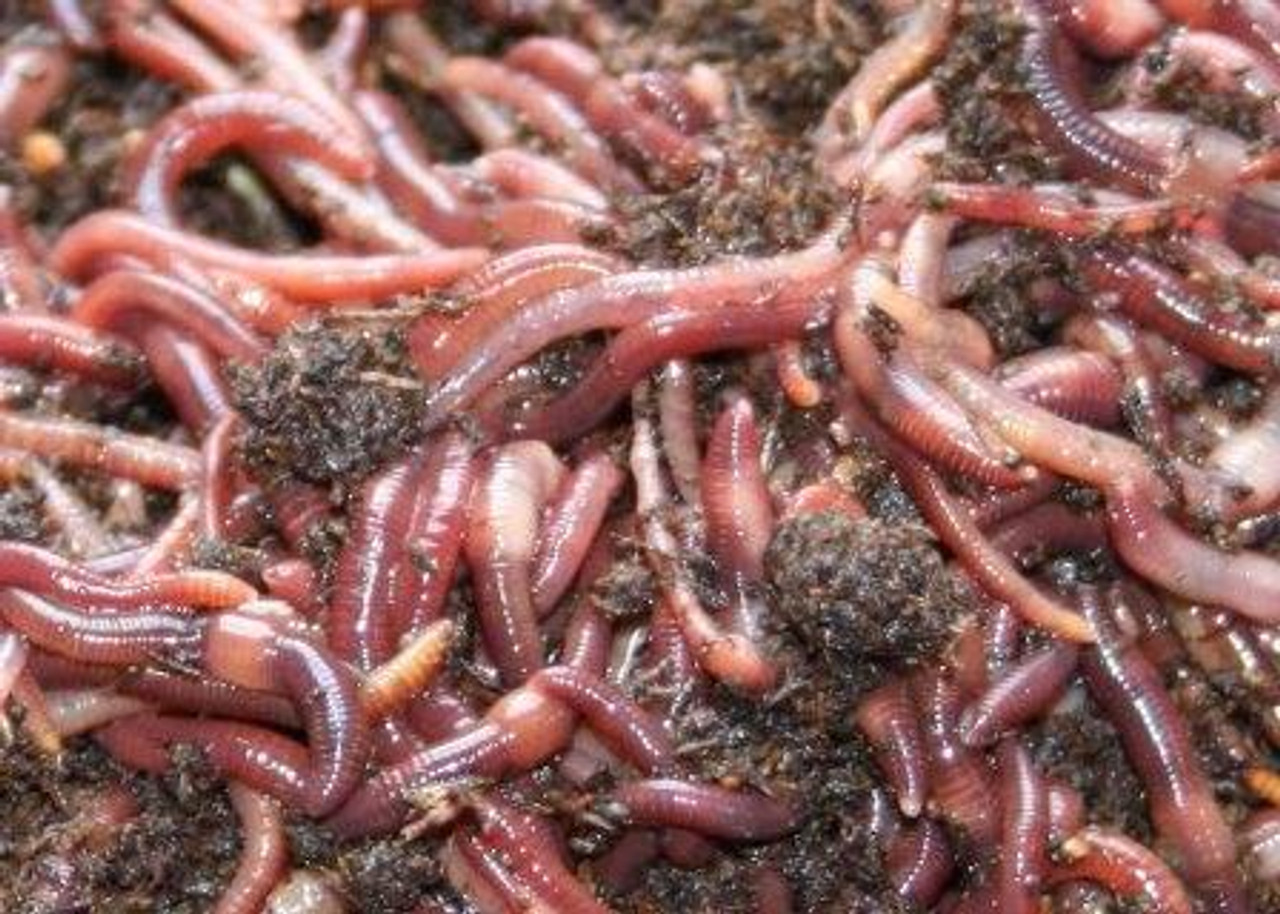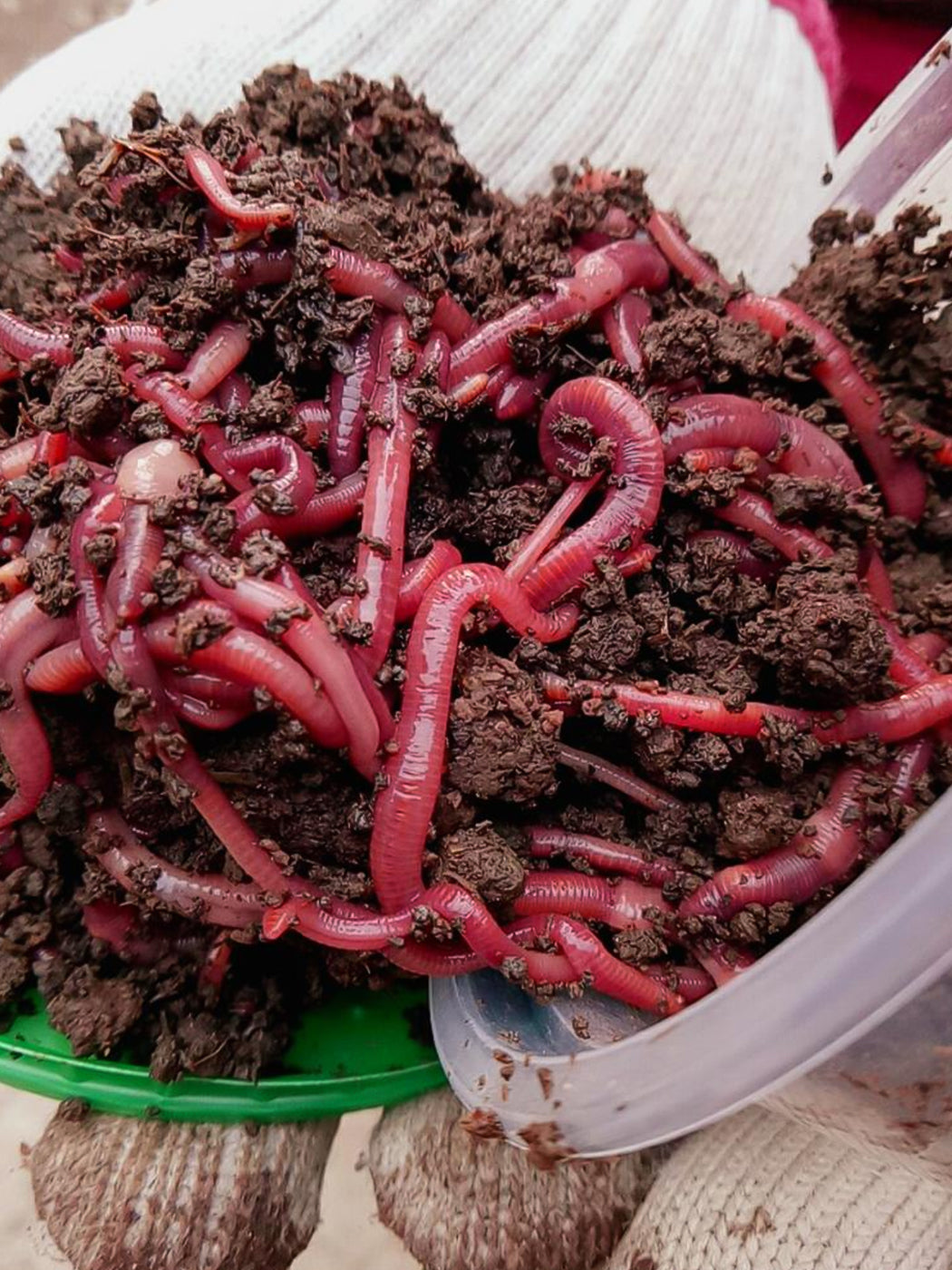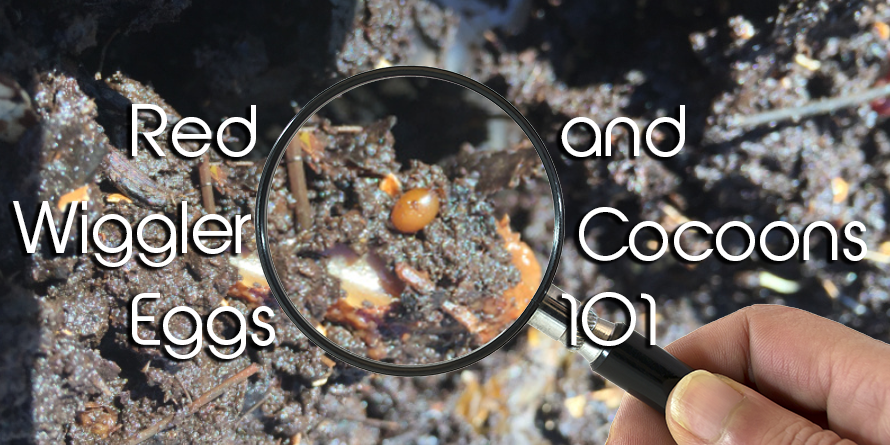Take Care of Your Lawn with the Best Products from Lake Hickory Bait
Take Care of Your Lawn with the Best Products from Lake Hickory Bait
Blog Article
Red Wigglers: The Unsung Heroes of Organic Waste Recycling
Red wigglers, or Eisenia fetida, serve as crucial representatives in the natural waste recycling procedure, transforming discarded materials right into useful vermicompost. As the globe increasingly looks for remedies to fight waste accumulation and boost agricultural performance, comprehending the duty of these worms becomes vital.
What Are Red Wigglers?
The amazing strength of red wigglers, medically understood as Eisenia fetida, underscores their essential function in organic waste recycling. These little, reddish-brown earthworms are typically discovered in decomposing natural matter, such as compost heap and manure loads. Lake Hickory Bait. Unlike various other earthworm varieties, red wigglers thrive in nutrient-rich environments and are very effective at damaging down organic materials, making them crucial for vermicomposting

(Lake Hickory Bait)In enhancement to their duty in waste decrease, red wigglers add to dirt health by improving dirt structure and aeration with their burrowing activities (Lake Hickory Bait). Their presence in composting systems not only enhances decomposition rates but additionally advertises a sustainable approach to squander monitoring, highlighting their importance in environmental preservation efforts
Advantages of Composting With Worms
Composting with worms, particularly red wigglers, offers various advantages that enhance both waste management and dirt wellness. These worms efficiently damage down natural waste, converting it into nutrient-rich vermicompost that enhances soil. This process accelerates decay, allowing for a quicker recycling of kitchen scraps and other natural products contrasted to traditional composting methods.
Additionally, the vermicompost produced by red wigglers is teeming with useful bacteria, which help boost dirt framework, oygenation, and moisture retention. This enhances the overall health of plants, promoting vigorous development and boosted yields in yards and farming setups. Moreover, the use of worms in composting lessens the manufacturing of greenhouse gases, such as methane, adding to a much more lasting waste administration system.

How to Start Vermicomposting
Establishing a vermicomposting system is a simple process that can yield significant benefits for both waste management and soil enrichment. To start, choose an appropriate container, such as a plastic container their website or wood box, with appropriate air flow holes to make sure correct airflow. The measurements need to ideally be around 2 feet by 3 feet, enabling enough area for the worms to flourish.
Following, prepare bedding material, which can contain shredded newspaper, cardboard, or coconut coir. This bed linen ought to be moistened to produce an appropriate environment for the worms. When the bed linens remains in place, introduce red wigglers (Eisenia fetida) into the bin, commonly around one pound of worms for every square foot of area.
Following the positioning of worms, add organic waste, such as fruit and veggie scraps, coffee grounds, and crushed eggshells. Avoid including dairy products, meat, or oils, as these can create odors and attract parasites. Position the container in a shaded, temperature-controlled area to preserve ideal conditions for worm activity. With these actions, you will properly launch a vermicomposting system that adds to sustainable waste management and enriches your dirt.
Preserving a Healthy Worm Container
(Red Wiggler Express)Maintaining a worm container growing needs regular interest and care to make sure the health of the red wigglers and the performance of the composting process. Proper maintenance begins with keeping an eye on the moisture levels; the bin should perspire yet not waterlogged. A good policy of thumb is to maintain an uniformity comparable to a wrung-out sponge.
Delicately blending the bedding and food scraps every couple of weeks prevents compaction and guarantees that all worms have access to oxygen. Furthermore, it is essential to feed the worms properly.
If the container becomes also warm or cool, the worms might come to be stressed out. By faithfully handling these elements, one can maintain a robust and productive worm container.
Effect On Lasting Living
The effective maintenance of a worm container not just benefits the health of red wigglers however likewise contributes substantially to lasting living practices. By reusing organic waste, such as kitchen scraps and lawn debris, red wigglers assist draw away significant quantities of product from landfills. This decrease in waste not just lowers greenhouse gas discharges yet likewise reduces the environmental worry linked with waste monitoring.
Moreover, the spreadings produced by red wigglers function as a nutrient-rich organic fertilizer, boosting soil health and advertising plant growth. This all-natural alternative to chemical plant foods sustains sustainable agriculture and gardening methods, decreasing reliance on synthetic inputs that can harm environments. Furthermore, worm composting fosters awareness of waste management, motivating individuals and areas to adopt more sustainable habits.

Conclusion
In recap, red wigglers serve as vital factors to organic waste recycling with their reliable decomposition of natural materials. By incorporating vermicomposting into waste administration approaches, individuals and areas can considerably lower waste while promoting environmental sustainability.
Report this page